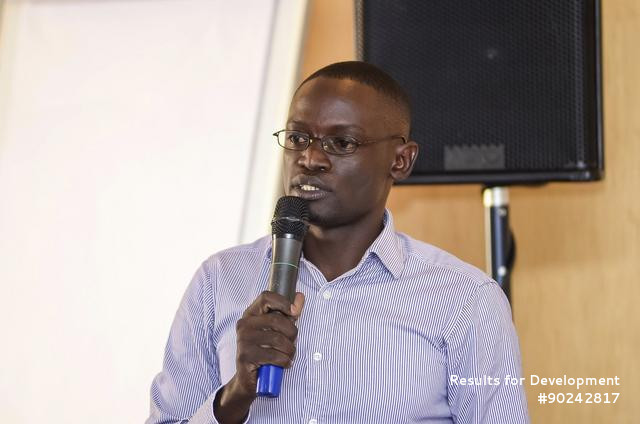By Sam Wambayo
At the center of any stable and progressive country is the institution of a family. It’s here that citizens experience their first form of governance structure. So, it follows that good family backgrounds shape a citizenry that contributes to the progress of a country.
Uganda ranks high among countries with the youngest populations in the world. This is a pointer to how much attention we should we should pay to the children of this country.
Child protection and social wellbeing have become international issues in a globalized world. Ideas about childhood and the social wellbeing of children vary widely, depending on the prevailing economic, socio-cultural, religious, and political contexts. These have had dramatic effects on the way societies value children, and the role acquired by the state in their protection and advancing their wellbeing.
Children however remain at risk because of the breakdown of extended family systems as a result of urbanization, and as a result of impaired functioning of some nuclear families in the absence of kinship safety nets. One of the contributing factors is poverty which creates risks for all children, although girls are the most affected.
In a study I undertook around Katanga suburb in Kawempe Division, Kampala district, I found three important issues that parents and policy makers should monitor as key determinants to the ultimate quality of citizens that Uganda will have.
Parental conflicts. Children who stay with parents that turn homes into theaters of war suffer depression, are less interested in games and they harbor deep sited anger that not only affects their relationship with other kids at school or in the community but they carry the negative effects of parental conflict into adulthood.
For many Ugandans who have lost a phone on the street, you often wonder the determination and overzealousness by which phone grabbers use. These are individuals whose background was characterized warfare between and among their parents and they therefore find it normal to violently take your phone with no remorse.
As the nation embraces efforts of a national dialogue to figure out a common vision for Uganda’s future, you tend to hear pockets of young adults undermining this process as a none-starter preferring other means in order to forge national consensus. To them violence is the only known method to reach agreement or subdue those they disagree with. We can’t forget common scenes as you drive by the slums, the anger by which mothers use to punish their own children.
The second issue that is affecting children wellbeing is financial hardships on the part of the urban poor. Being an urban area, slums are sandwiched by rich neighborhood. Kids keep asking why they can’t access amenities like gated homes, swimming pools and cars where they see their other privileged colleagues enjoying. The result of this is that they make demands to their financially stressed parents who in turn burst out in anger towards these kids who innocently don’t comprehend a class society. They develop resentment towards their parents who are also facing sharp pangas of poverty. This produces girl child who are taken advantage of by grocery offering men. The results are unwanted pregnancies and contraction of diseases.
Lastly, change in family structure. This is the way how families keep under constant change. Young people who start off as husband and wife are put under intense pressures of the world. After two or three kids, they divorce. Kids stay with a single parent. For single mothers, kids behave differently than those who stay with their father, who in most cases re-marries. Life with step mother presents change in the children’s well-being and value-set.
Therefore, change in the family structure, financial hardships and breakdown of a family are triple drivers of the kids that you see littered on the streets of Kampala. The latest proposal by the Kampala City Authority to punish people of good will that give streets money can go a long way in curing the symptom rather than the disease. We, as a society must wake up, reflect on the kind of citizens that we want and to achieve that, the job will be what we can invest in the children of today.
Sam Wambayo is the founding Executive Director at Kids Club Kampala.





